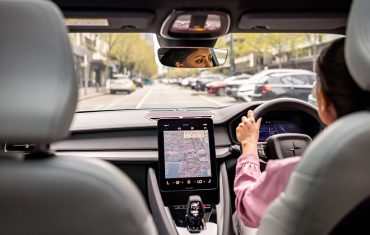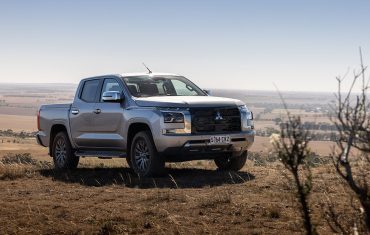
Electric vehicles make dollars and sense for fleets
Fleet ManagementWith commercial vehicles, you’re always thinking well ahead when it comes to model choices. So its time to think about introducing electric vehicles (EVs) into your fleet as you prepare your next five-year plan.
Indeed, Electric vehicles (EVs) are the new black when it comes to new car purchases. In New Zealand we’re getting more and more choice when it comes to EVs, the charging network is growing, and initiatives are underway to encourage EV purchases. We’re still a little in love with utes and SUVs but you can expect to see more battery-electric vehicles (BEVs) and plug-in hybrids (PHEVs) on NZ roads .
EV adoption
A recent report by the International Energy Agency has demonstrated just how much uptake of electric vehicles has changed globally. They report that about 17 000 electric cars were on the world’s roads in 2010. By 2019, that number had increased to 7.2 million, 47% of which was in China. The change from 2010 to 2019 represents an increase of 7,100%.
In New Zealand, Infometrics has estimated that 40% of the vehicle fleet will be EVs by 2040 and recent increases in EV sales have been dramatic.
The financial case for EVs
Switching from carbon-emitting vehicles to PHEVs and BEVs makes financial sense in several ways.
It starts with savings offered by the much lower running costs. Energywise suggests that EVs cost the equivalent of paying 30 cents per litre or 15% of the cost of running an equivalent petrol vehicle. Even after factoring in the relative cost of purchasing EVs — which is declining over time and is counterbalanced by reduced servicing costs — that is likely to represent a significant reduction in your vehicles’ whole of life cost.
The impact of global trends
With automotive brands now phasing out manufacturing in Australia and NZ’s plants long gone, NZ’s vehicle market will be increasingly influenced by trends in Europe, Asia and North America. And the trend is toward EVs.
As The Huffington Post pointed out a year ago: “Volvo, Jaguar Land Rover, Volkswagen, BMW, General Motors and Ford have committed to transitioning to electric car production between 2019 and 2025.”
And a large number of countries (including some of the world’s largest) have already moved to ban fossil-fuel-powered vehicles, with some bans in place and others scheduled for the near future.
This sort of trend has a immediate impact via an inevitable increase in the cost of running combustion-only fleets.
Brands like Volvo, Toyota and Ford need to set up their dealerships for after-sales service and maintenance of EVs. That means a shift in emphasis and investment away from providing those things for today’s petrol vehicles. A shift that will mean an increase in the relative cost of servicing petrol vehicles over time, as their parts and accessories become less readily available and more expensive.
This could result in vehicles being off the road for longer periods, adding to their operating costs.
Add in reduced demand for combustible engines and the resulting reduction in resale values. Then you’ve got a strong argument against keeping fossil-fuel-powered vehicles in your fleet.
What’s holding EVs back?
Despite the strength of the arguments in favour of EVs, it is important to understand why they are not already a larger presence on our roads:
- The charging network is growing, but charging can be a lengthy process and the limited range of most available BEVs makes them impractical for longer journeys.
- The range of vehicles available is growing but still limited
- With a ute the top-selling new vehicle for the last few years, New Zealanders do seem to like a big-engined vehicle — preferably one that will tow the boat with ease.
The question is how relevant these factors are to a fleet manager. In some cases they are relevant. If your vehicles need to carry significant payloads or cover significant distances outside the main centres, then their may not be a practicable EV option for you.
In many cases, they are irrelevant. Indeed, the value and savings associated with reducing your reliance on high-emission vehicles is significant. And EVs might be perfect, if your requirement is for transport over short urban distances.
The argument for EV-adoption is stacking up. The government is looking to incentivise the purchase of EVs. Infrastructure for them is improving all the time. Car manufacturers are working to give you much more EV choice…
Why deny the inevitable? The time has come. You should start planning the transition of your fleets to PHEVs and BEVs sooner rather than later.
Want to know more about future-proofing your fleet? Ask SG Fleet / LeasePlan
 Driving Insights
Driving Insights




